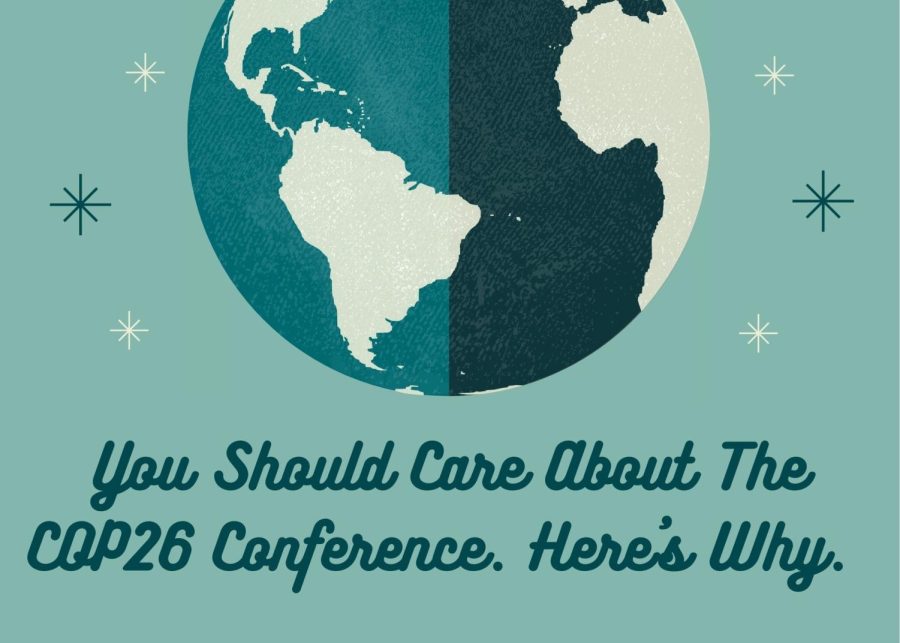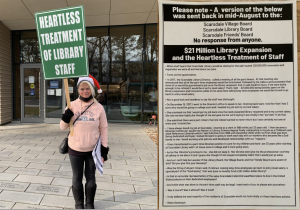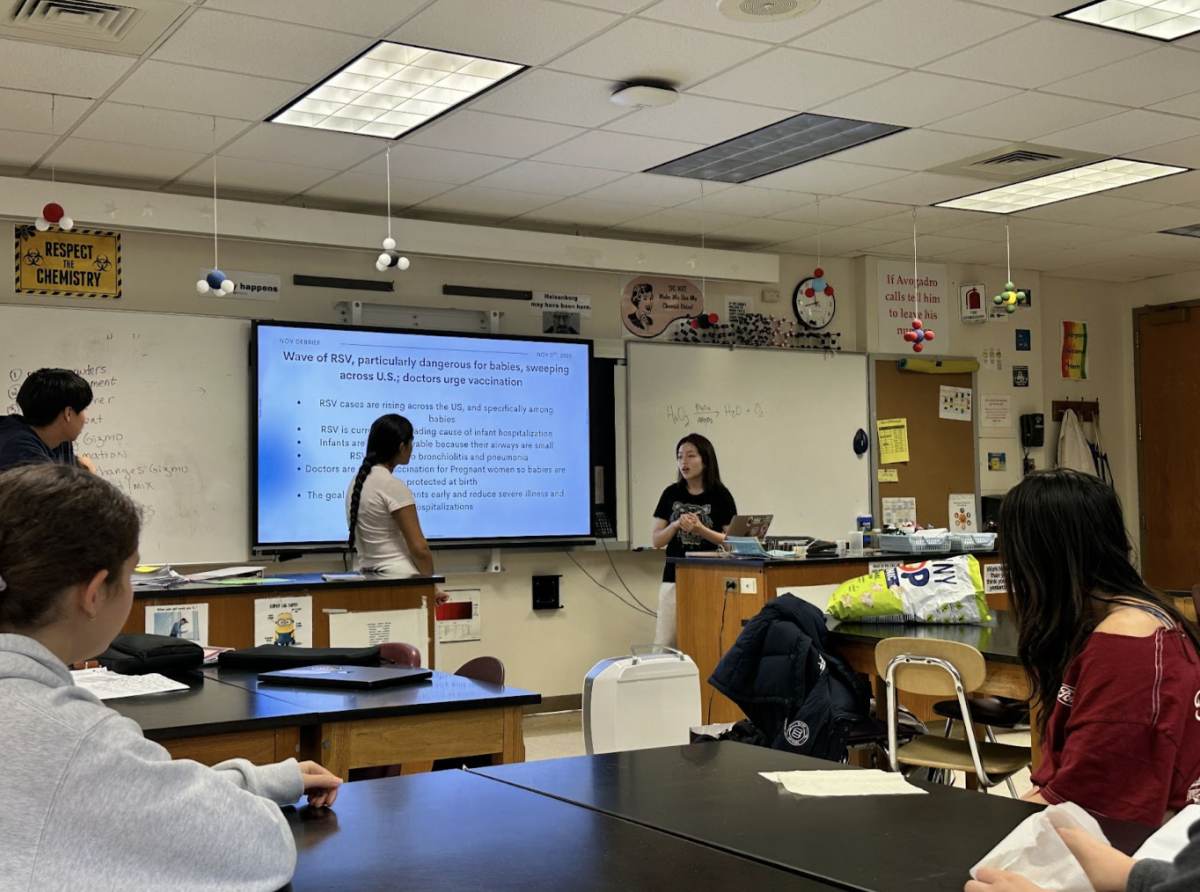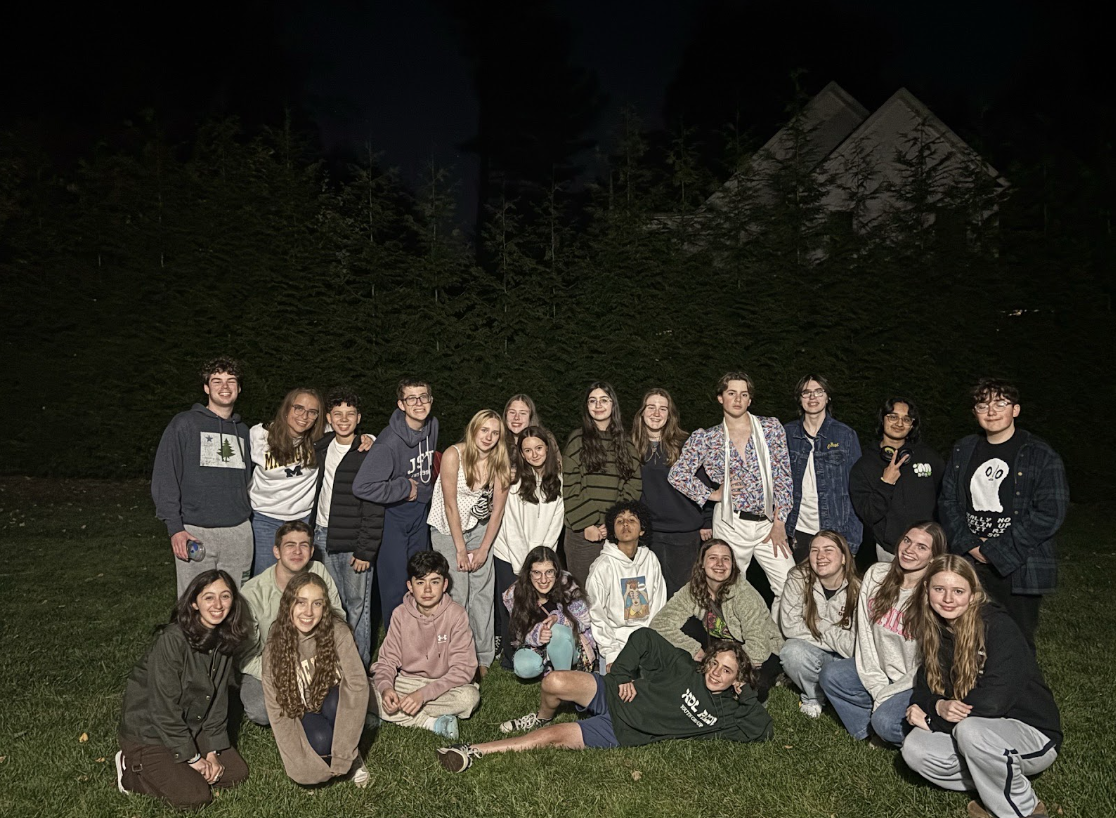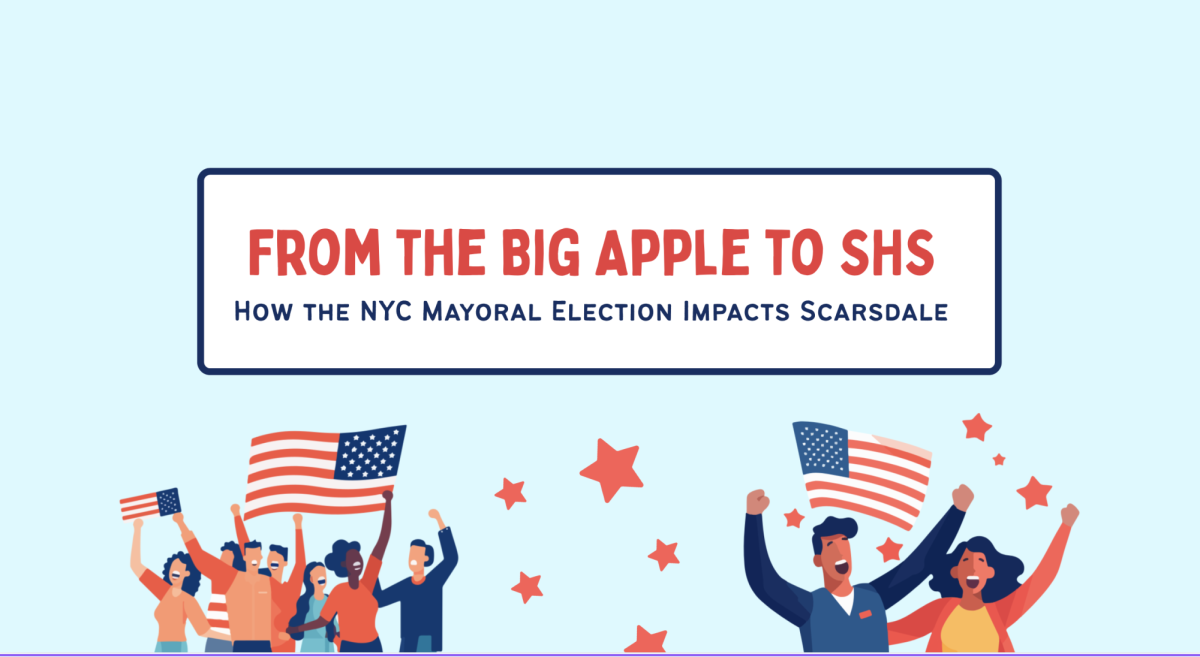You Should Care About The COP26 Conference. Here’s Why.
The environment is in more danger than ever with species going extinct and open temperatures rising daily. Legislators have tried to take measures, but have they done enough?
November 18, 2021
November 13th marked the end of a two-week intensive climate change conference, with hundreds of world leaders, climate activists, businesses, and negotiators coming together in Glasgow, Scotland to discuss and create plans to address the increasing issue of global warming. But was the summit as successful as people had hoped it would be?
To understand the importance of the COP26 summit, or the 26th ‘Conference of the Parties’ hosted by the United Nations, we must look back at another event that took place five years ago. At the COP21 conference in 2015, 196 parties signed the Paris Agreement—all coming together for the first time to make a meaningful impact on climate legislation. It was an agreement to work together to limit global warming to 1.5 degrees, to adapt to the impacts of a changing climate, and to make money available to developing countries to help them achieve the goals of the agreement.
This was a momentous event in 2015, and part of the agreement was that every five years the leaders would meet again to discuss how each country was progressing with the goals set in place. After being postponed a couple of years for COVID restrictions, this year’s conference was the first reunion. However, it turned out that the commitments laid out in 2015 did not come close to the 1.5-degree goal. Because of this, COP26 needed to be a decisive event and create a definite solution to the problems of the Paris Agreement, many agreeing that this event was the last chance to do so.
After two weeks of long discussions between event leaders from 197 countries, many people were unhappy with the outcomes, being disappointed that the provisions laid out will again not be enough to stop irreversible changes. The final 11-page document produced, called the Glasgow Climate Pact, pledges further action to curb emissions, annual updates on progress being made, and increase funding for less economically sound countries. One of the major parts of the new agreement is that nations agreed to begin reducing coal-fired power and to start eliminating subsidies on other fossil fuels. However, a controversial last-minute decision to change the text from “phase out” to “phase down” left many disheartened, fearing that this, along with other parts of the agreement, will not be enough to keep global temperatures from rising above 2 degrees. COP26 President Alok Sharma made a statement following the conference concluded that the plan to limit warming to 1.5 degrees “will only survive if we keep our promises and translate commitments into rapid action.”
Even though the agreement has not lived up to the expectations many had before the event, this should not stop individuals from caring or paying attention to these major events surrounding climate action. We should become even more motivated to use our voices as individuals to speak up and demand climate action from our governments. “Even though nothing could come from [the climate pact], climate change is something that affects everyone, so regardless of what leaders decide, I think it is up to each individual to think about [climate change],” concluded Emily Shiromoto ’22.

